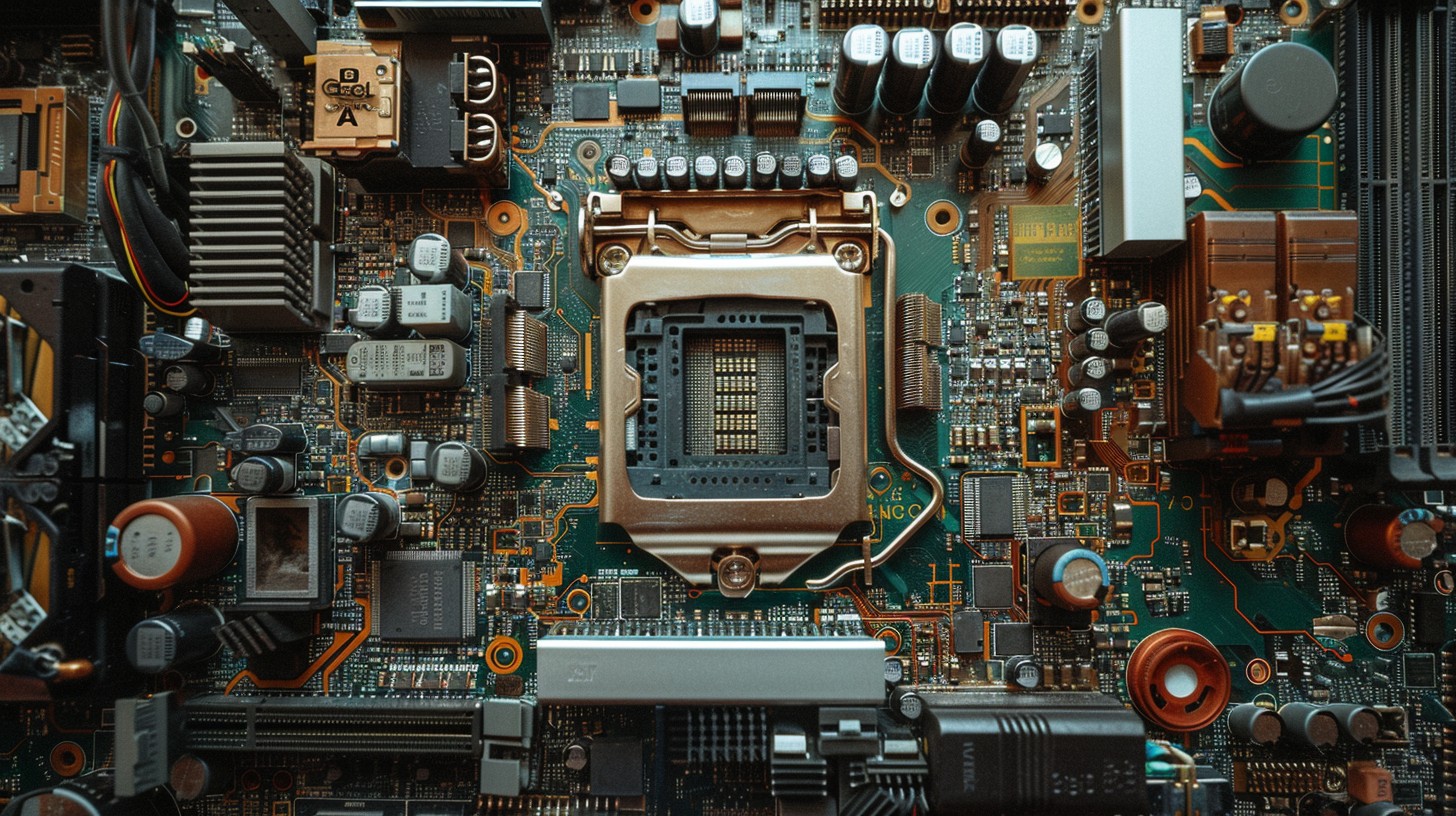TSMC’s $65 Billion Campus: Transformative Impact on Arizona’s Commercial Real Estate Market

Taiwan Semiconductor Manufacturing Company (TSMC), one of the world’s largest and most advanced semiconductor manufacturers, is investing $65 billion to build a new campus in Arizona. This significant development will have far-reaching implications for Arizona’s commercial real estate market, particularly in and around Phoenix and its neighboring cities. This article explores the anticipated impacts of TSMC’s campus on the commercial real estate landscape in Arizona.
Economic Boost and Job Creation
1. Job Market Expansion:
- High-Tech Employment: The TSMC campus is expected to create thousands of high-paying jobs in engineering, manufacturing, and support services. This influx of employment opportunities will attract skilled workers from across the country and globally.
- Indirect Job Creation: Beyond direct employment, TSMC’s presence will generate additional jobs in construction, retail, hospitality, and other sectors to support the growing workforce.
2. Economic Growth:
- Increased Economic Activity: The campus will significantly boost the local economy, increasing demand for goods and services. This economic activity will drive growth in various commercial sectors, including retail, dining, and entertainment.
Impact on Commercial Real Estate
1. Office Space Demand:
- Tech and R&D Facilities: The demand for office space, particularly for tech and R&D facilities, will surge. Companies within TSMC’s supply chain and other tech firms will seek proximity to the campus, leading to a boom in office developments.
- Flexible Workspaces: The increase in tech-related employment will also drive demand for coworking spaces and flexible office solutions, catering to startups and smaller tech companies.
2. Industrial and Logistics:
- Manufacturing and Supply Chain: The semiconductor manufacturing process requires a robust supply chain infrastructure. This will lead to increased demand for industrial spaces, including warehouses, logistics centers, and manufacturing facilities.
- Supporting Industries: Ancillary industries such as chemical suppliers, equipment manufacturers, and maintenance services will also require industrial spaces, contributing to the expansion of this sector.
3. Retail and Hospitality:
- Retail Development: With a growing population of high-income employees, there will be a greater demand for retail spaces, including shopping centers, grocery stores, and specialty shops.
- Hospitality Sector: The influx of business travelers, employees, and their families will boost the hospitality sector, leading to the development of new hotels, restaurants, and entertainment venues.
4. Housing Market:
- Residential Developments: The demand for residential housing will increase significantly. Developers will need to create housing options ranging from high-end apartments to family homes to accommodate the diverse needs of new residents.
- Mixed-Use Projects: There will be a rise in mixed-use developments that combine residential, retail, and office spaces, creating integrated communities that cater to the needs of TSMC employees and their families.
Infrastructure and Community Development
1. Transportation and Infrastructure:
- Improved Connectivity: To support the campus and its workforce, there will be investments in transportation infrastructure, including road expansions, public transit options, and possibly new transit routes.
- Utility Upgrades: Enhanced utilities and infrastructure, including power, water, and telecommunications, will be necessary to support the advanced manufacturing processes at TSMC.
2. Community Services:
- Educational Facilities: The influx of families will necessitate the development of new schools and educational facilities to cater to the needs of employees’ children.
- Healthcare Services: Increased demand for healthcare services will lead to the expansion of medical facilities and the construction of new clinics and hospitals.
Long-Term Outlook
1. Sustainable Growth:
- Eco-Friendly Developments: The push for sustainable and eco-friendly building practices will be a priority, especially given the scale of the development. Green buildings and sustainable infrastructure will become increasingly common.
- Water Management: Given Arizona’s arid climate, efficient water use and innovative water management solutions will be critical to supporting both the TSMC campus and the associated commercial growth.
2. Economic Diversification:
- Tech Hub Potential: TSMC’s presence could position Arizona as a leading tech hub, attracting more tech companies and fostering innovation in the region.
- Broad Economic Impact: The economic diversification resulting from this development will make Arizona more resilient to economic fluctuations and reduce reliance on any single industry.
TSMC’s $65 billion investment represents a transformative opportunity for the Arizona commercial real estate market. The influx of high-tech jobs and related economic activity will drive demand across various commercial real estate sectors, including office space, industrial facilities, retail, hospitality, and residential developments. With proper planning and sustainable practices, Arizona can leverage this development to create a thriving, diversified economy and a vibrant, well-connected community.
Disclaimer: The information provided in this article is for educational and informational purposes only. It is not intended to be, nor should it be construed as, financial, legal, or investment advice. Readers are advised to consult with qualified professionals, such as financial advisors, attorneys, and/or real estate experts, before making any financial decisions or entering into any commercial real estate transactions. The author and publisher of this post make no representations or warranties regarding the accuracy, completeness, or suitability of the information provided herein. The use of this information is at the reader’s own risk.
Share This Article:


